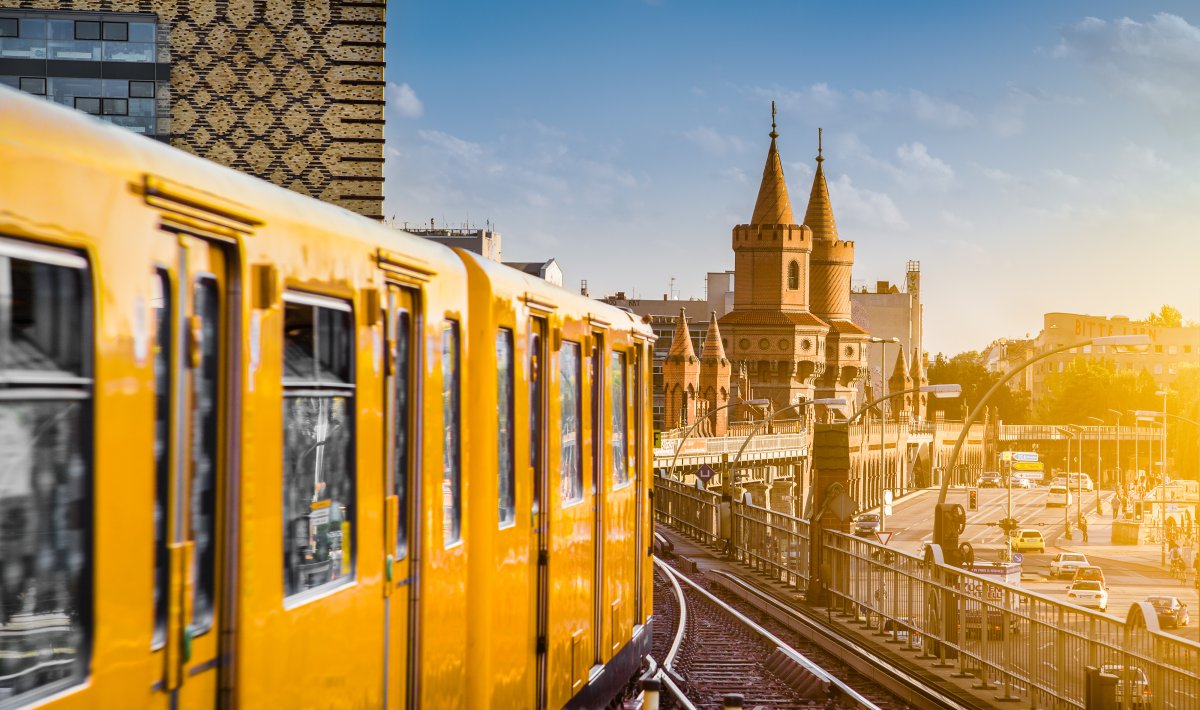My youth in the Austrian countryside was marked by seldom running buses and many traffic fatalities. Today I live in Berlin and take the subway every day. I love public transport. It’s so uncomplicated. Unfortunately, people in Germany have the talent to make things pointlessly complicated in the context of digitization instead of making them simpler and more efficient.
The latest example is the discussion about the Germany ticket, better known as the “EUR 40 too expensive EUR 9 ticket”. It starts on May 1st. Beforehand, there was a debate about the form in which the ticket should be available: as a paper ticket, chip card or via app. One thing was quickly clear to the Minister of Transport: it has to be really “digital”, the paper version that has been tried and tested millions of times over has to go. In a modern Germany, chip cards and apps are used. Neither the app nor the chip card are particularly new or innovative. In Berlin, I’ve been buying my tickets via an app for ten years. But when the battery is empty, the good old paper ticket from the machine saves me.
Disclose transit data
Digitization, the transport companies have been fighting with this for a long time. Eleven years ago, together with other open data activists, I campaigned for public transport data from Berlin and Brandenburg to be made freely available. Our goal was to make it easier for people to get public transport information and thus switch to buses and trains more often. This is how it came about after tough debates: in 2012, Berlin was the first city in Germany with open local transport data. The digitization step served its purpose: Today I can view local transport routes using any app. This made switching to public transport easier and more attractive.
(Bild:
Oliver Ajkovic
)
As a co-founder of the feminist organization Superrr Lab, Julia Kloiber works on just and inclusive digital futures. She regularly publishes her column in the print edition of MIT Technology Review.
A more attractive, affordable, climate-friendly local transport is also the primary goal of the Deutschlandticket. But we wouldn’t be in Germany if we just continued the success story of the nine-euro ticket. This worked well with the existing infrastructure, consisting of apps and paper slips. No, we have to make it a bit more complicated. We have to “digitize” in order to be able to collect data. In 2006, it was once claimed that they were the oil of the 21st century – after all, that has to be promoted.
However, it remains a mystery to me how exactly the data from the app or chip card is to be collected across the whole country without thousands of expensive terminals at every entry and exit point and without permanent tracking of the app. On the other hand, we urgently need the millions that would have to be invested in the expansion of this digital data collection infrastructure for the expansion and modernization of routes and means of transport.
Ticket: Paper and digital are not mutually exclusive
The task of local transport is to transport people reliably, quickly, barrier-free and cheaply. In my opinion, this also includes low-barrier access, such as a paper strip from the machine at the bus stop with a digital code. This is correctly understood digitization, because those people who are overwhelmed with taking out a subscription online or installing an app – or who do not want to do so at all – can also participate in it. And the revealing thing about the whole digitization debate is that paper and digital are not mutually exclusive in this case. A paper ticket with a QR code is at least as digital as the proposed chip card. At least since the COVID pandemic, we are very familiar with QR codes and know that these are also read digitally.
Digitization is and has never been an end in itself. If you keep reminding yourself of this, you eventually come to the conclusion that the simple often serves the purpose better than the seemingly innovative. Forcing innovation for the sake of innovation doesn’t make the buses more punctual.

(jl)
